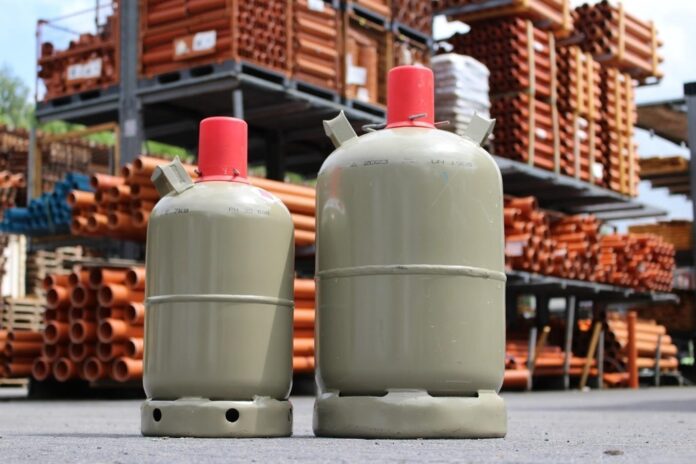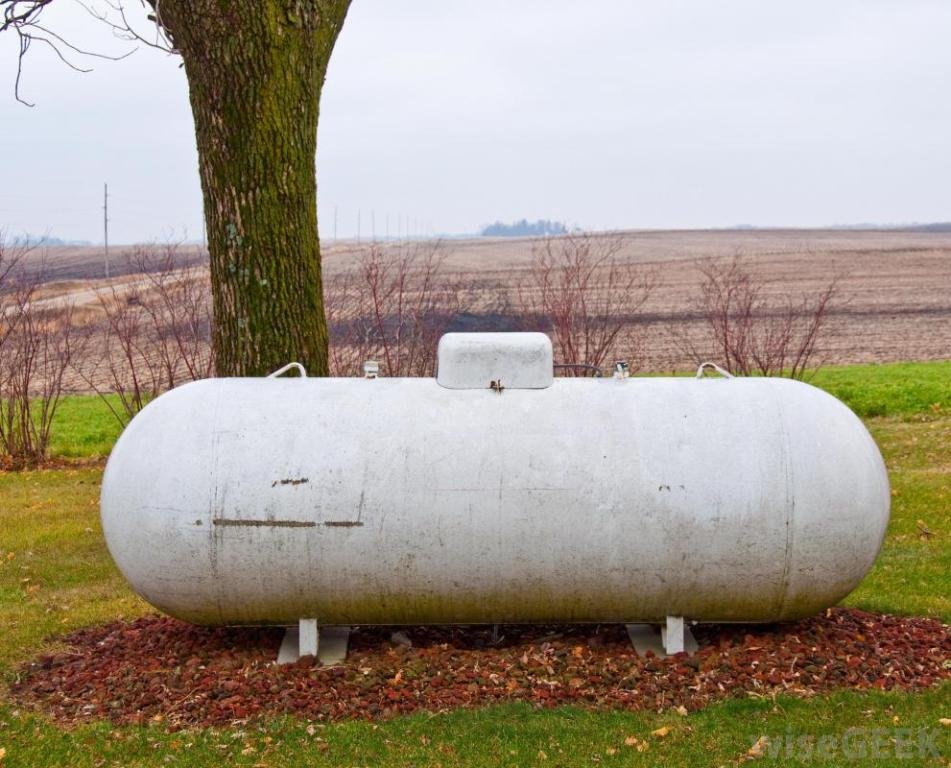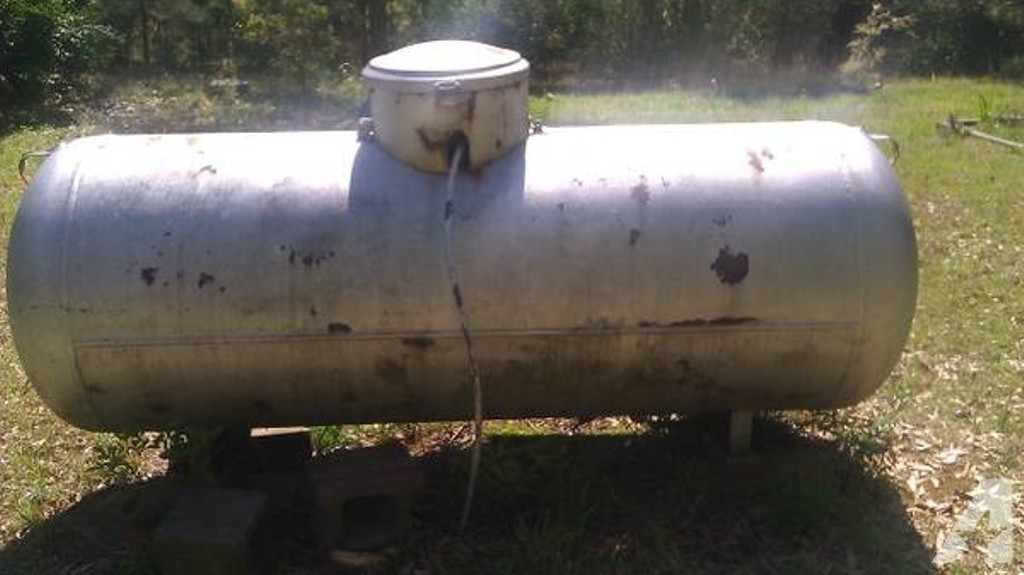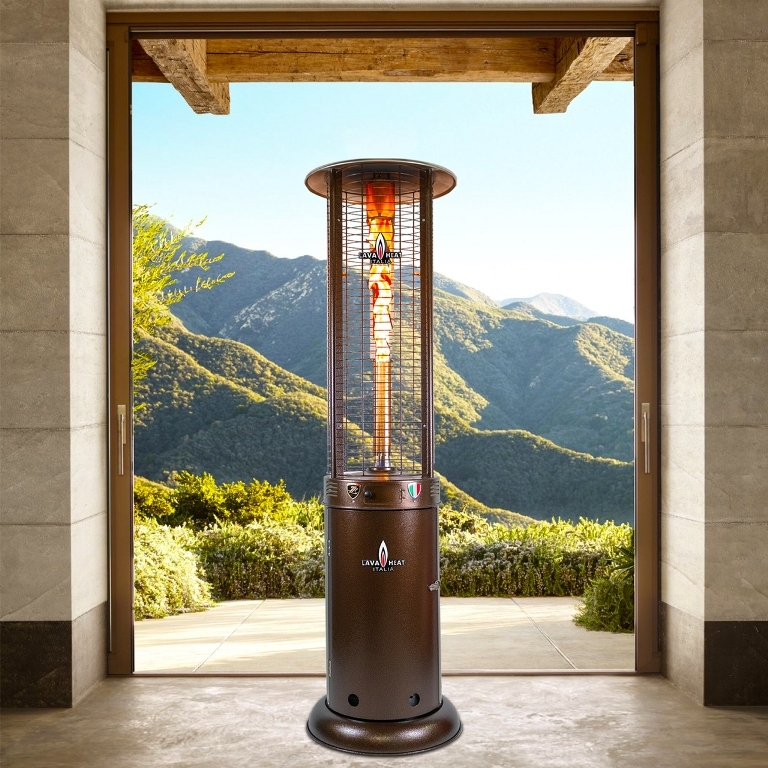Compare the pros and cons of propane heating and see why it is becoming a popular source for home heating and cooking fuel.
Want to stay as toasty as possible this winter? Natural gas and petroleum aren’t the only fuel options on the market. In the middle lies an alternative called propane.
There are two ways to produce propane. It’s either extracted during natural gas processing or produced during petroleum oil refining.
Over 60 million American consumers use propane, but do its benefits outweigh natural gas and petroleum?
Learn more about the pros and cons of propane!
Less Environmental Impact
If you want to transition to eco-friendly alternatives, propane is a start. Compared to petroleum and natural gas, it has less environmental impact than its counterparts.
Another surprising fact is propane is non-toxic. Using propane decreases the risk of harmful soil and water contamination. For this reason, propane is a healthier alternative to petroleum gas.
While propane is still fuel, it meets all required EPA standards. It has less carbon and produces less greenhouse gas emissions than petroleum. This is why experts say propane burns “cleaner” than petroleum oil.
Even though propane is “cleaner” than petroleum, it’s important to note that propane is still a fossil fuel. If you truly want to be eco-friendly, consider using solar, wind, and hydraulic energy sources instead.
A Versatile Solution
Less environmental impact isn’t the only reason why new homeowners are switching to propane. Propane isn’t only used to heat your home. It’s a versatile and cost-effective solution.
Propane-powered central heating is just one solution. Propane can also power your stove, water heater, refrigerator, appliances, car, power generators, and heavy machinery.
If you want versatile energy solutions in your house, consider buying a home that’s already equipped with propane energy. Otherwise, you’ll need to install a new propane energy system for your home. However, propane installation isn’t without its challenges.
Cost-Effectiveness
One drawback to switching to a full propane-powered system is that initial costs may be high. You’ll need to purchase equipment, make room for your tanks, and pay for setup and installation. Light construction work may be required to install your system properly.
While starting costs may mount up, you’ll quickly discover its cost-benefits. Propane generally costs less than electricity, and you can use it for a variety of necessities.
However, propane prices depend on the oil and gas market, so propane costs can fluctuate.
To keep your propane costs low, consider the propane company you’re using as well.
Weigh the cost-benefits of owning propane tanks versus renting them. Consider switching your tank if you see any major red flags with your current propane company.
Moving Off-Grid?
Do you have dreams of living off-grid? Don’t forget to bring your propane tanks to stay warm! Propane is the fuel of choice for many homesteaders.
Why is propane so effective for off-grid living? For starters, propane tanks are portable. Just like with any other home, you can power your heating, kitchen, vehicle, and major appliances with propane.
If you do decide to live off-grid, make sure to find a reliable propane supplier. You won’t be near any major gas lines, so having a steady supply of propane is essential.
Continue to Weigh the Pros and Cons of Propane
Choosing the right energy system for your home is one of the most important decisions you’ll make as a homeowner. Remember to consider health, versatility, cost, and environmental impact as you weigh the pros and cons of propane heat and energy.
You can never have too many resources for homeowners. Discover even more ways to keep your home cozy and energy-efficient!





















